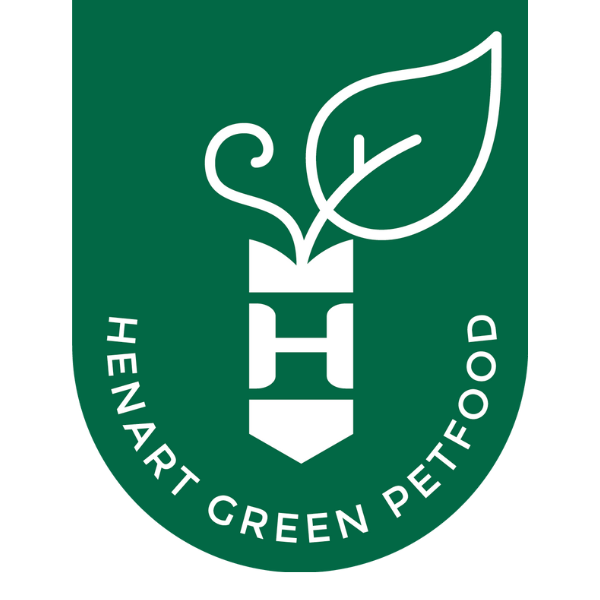Why insects?
Insects are our chance for a more sustainable diet for climate protection
With proteins and fats from insects, dogs, cats and all masters and mistresses can effectively reduce their CO2 footprint.
Insects may not be as cute as their larger, furry farm friends - but unlike regular livestock, Henart insects are bred without harmful substances like antibiotics or growth hormones. They come from insect farms that are 100% livestock-free! There are also no hidden animal fats or derivatives in the feed.
Insects are better for climate protection 🌳
Up to 25 times less greenhouse gas emissions are produced when breeding and keeping insects than in conventional animal husbandry.
Insects take up less space 🛖
44 times more space is needed for 5kg of beef protein - 23m2 for insects, 1,000m2 for beef. Our mealworms are raised in modern farms with lots of room above.
Insects can be fed with food leftovers ♻️
Insects enable zero-waste feeding and clean up flour leftovers from large production plants, for example, while soybean plants that are harmful to the environment and the rainforest are grown extra for conventional animal husbandry.
Food waste is a big problem. The insects in Henart feed only feed on surplus locally sourced fruits and vegetables - a superfood for insects that would otherwise be thrown away. And any by-products of raising and processing the insects are used as raw materials by other industries - meaning Henart insects waste even less.
Insect breeding saves a lot of water 💦
For land maintenance and animal feeding, cattle require more than 500,000 liters of water per 5kg of protein, while poultry require more than 150,000 liters. Insects only need about 25,000 liters, so are up to 20 times more economical.
